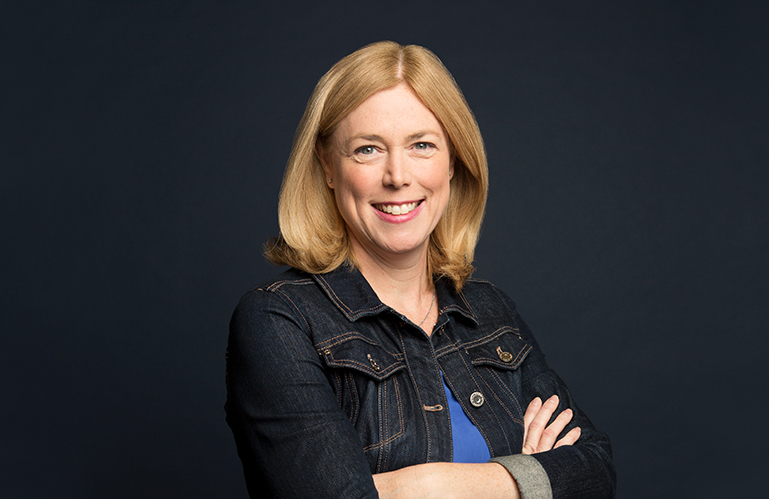Not a day goes by without a new think piece about millennials in the workplace—how to reach them, how to keep them, how to inspire them and how to manage and work with them. But there is a common theme that emerges in all this research about millennials at work: their desire to feel passion in the work they do (some of those studies even suggest millennials care more for passion than they do money!).
My passions and my job have intersected many times—more often than not in fact—which is probably why, to this day, I love what I do. I’m happy to say I started my career with passion. After a brief stint in provincial politics, I started my communications career at a small shop specializing in travel tourism. Within six months I was accompanying my first group of journalists on a golf trip to Jamaica. What more could a 20-something wanderlust making an entry level salary ask for?
Four years, ten trips to Jamaica, four trips to South Africa, and a detour to Minnesota later, 9/11 happened and the bottom fell out of the tourism industry. With heartfelt sadness and trepidation in the pit of my stomach, I left that boutique agency and wondered: would I ever feel that same passion at work again?

I have and I do. But for different reasons. A 20-something no longer (can’t say I’m not still a wanderlust), my 80-20 sweet spot is achieved in different ways now. And it links back to my pre-comms education—my Bachelor of Science.
In the Toronto communications world, you tend to hear very similar stories. You meet a lot of people who graduated with arts, journalism and political science degrees who then went to Humber or Sheridan to pursue communications certificates or diplomas. After working through agency internships, they land a full-time gig at said agency or in the corporate world. Not me. Well, at least not the BA part. Surrounded by science my whole life—my dad was a pediatric dentist—I have always preferred science centres over art galleries. It’s an unusual background for a communications professional, but after 10 years of working on some pretty cool brands—FritoLay, Coca-Cola, Labatt, and others—I decided it was time to go back to my roots and my passions.
I turned my attention to healthcare and working with not-for-profit Let’s Talk Science. And that perfect match between passion and profession came together again. With my health care clients I get to apply the scientific method: the analytical eye, the measurement, the critical thinking. With Let’s Talk Science it’s about raising awareness of the importance of science literacy for all Canadians and sparking passion for science among young Canadians—the same passion I have, the same passion I want to see others develop. It’s easily been one of the most rewarding partnerships of my career.
So, my advice to young people at the beginning of their communications careers is this: enjoy your time as a generalist. You’ll be working on a wide spectrum of projects, in a plethora of industries, touching a dozen worlds—whether its consumer marketing, healthcare communications, media relations, and anything else you can imagine. Pay attention to what gets you excited. Which projects and which industries spark your passion and feel meaningful to you. They may not be the ones you expect but they are the ones you should pursue in the long-term. They’re the ones that will help you make sure your job is 80 per cent fun. And isn’t that the most we can hope for in our careers.





